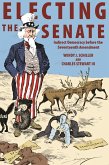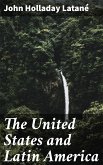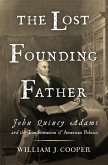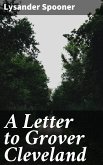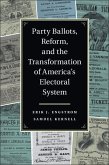In "American Political Ideas Viewed from the Standpoint of Universal History," John Fiske embarks on a profound exploration of American democracy by examining its ideological roots and evolution within a broader historical context. Fiske'Äôs literary style is characterized by a rich, analytical prose that marries philosophical inquiry with historical narrative, offering readers a compelling argument about the unique trajectory of American political thought. Through a rigorous synthesis of history, sociology, and politics, Fiske delves into the influences of Enlightenment ideals and transcendent visions that have shaped the American political landscape, positioning the U.S. as a pivotal case in the evolution of global democratic ideals. John Fiske, a noted philosopher and historian of the late 19th century, was deeply embedded in the intellectual currents of his time. His extensive education at Harvard and engagement with contemporary thinkers influenced his belief in the progressive potential of American society. Fiske'Äôs keen interest in history, coupled with his emphasis on the interconnectedness of events, led him to create this work as a reflection on how the American experience contributes to universal themes of liberty, justice, and governance. This book is essential for anyone seeking to understand the foundational ideas underlying American political culture. Fiske'Äôs insights remain relevant today, making this work a valuable resource for scholars, educators, and curious readers alike, eager to comprehend the complex narrative of American democracy within the tapestry of global history.
Dieser Download kann aus rechtlichen Gründen nur mit Rechnungsadresse in A, B, BG, CY, CZ, D, DK, EW, E, FIN, F, GR, H, IRL, I, LT, L, LR, M, NL, PL, P, R, S, SLO, SK ausgeliefert werden.



